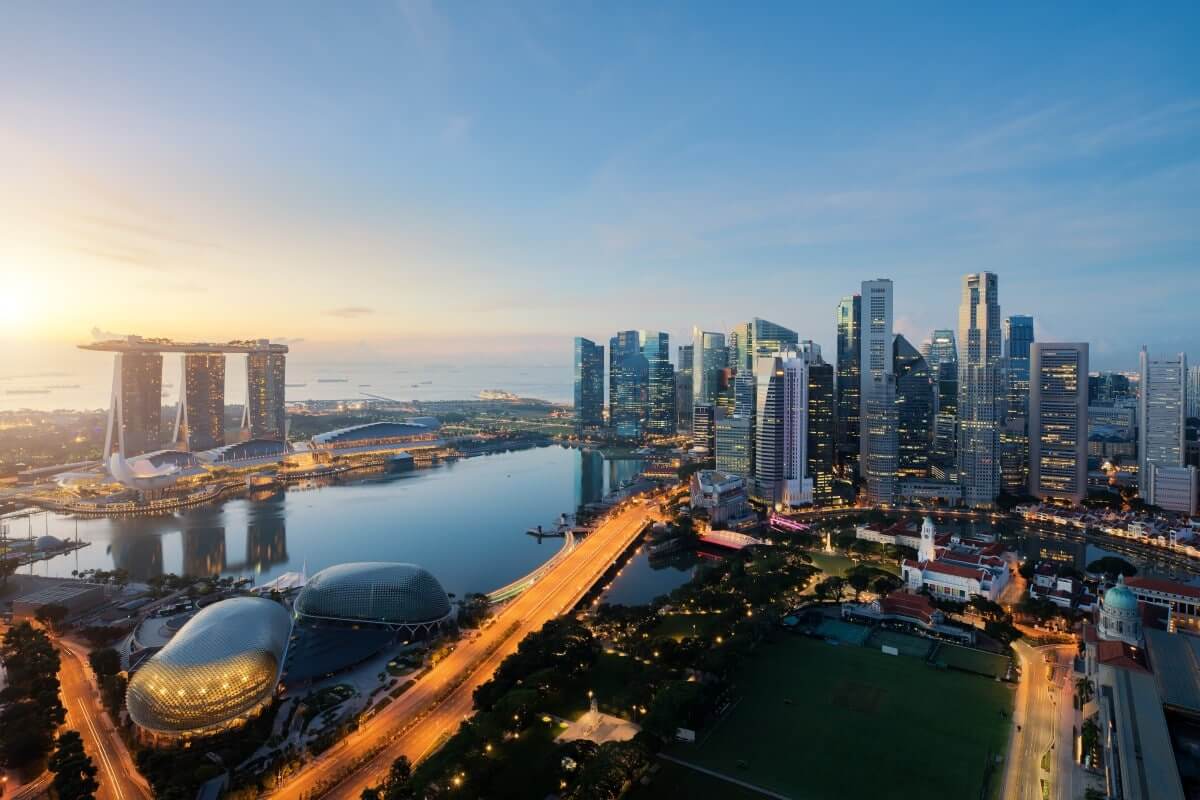
Singapore’s February Inflation Surges to 3.6%
Quick Look
- Singapore’s February core inflation accelerated to 3.6%, marking its fastest pace in seven months, driven by Lunar New Year festivities.
- Headline consumer prices rose to 3.4%, outpacing predictions and January’s figures, highlighting the ongoing cost of living pressures.
- Moderation Expected: Despite the uptick, experts forecast a gradual easing of inflation rates as the year progresses.
Singapore’s core inflation metric, a critical indicator of the country’s economic health, witnessed a significant uptick in February, reaching a pace not seen in the past seven months. This acceleration underscores the persistent pressures on the cost of living, propelled by seasonal fluctuations attributed to the Lunar New Year, which traditionally sees a spike in services and food prices.
Seasonal Surges Lead the Charge
In February, the core inflation rate, which astutely excludes volatile elements such as private road transport and accommodation costs, leapt to 3.6% on a year-over-year basis. This increment not only surpassed the 3.4% prediction set forth by economists but also exceeded January’s 3.1% figure. The data, derived from the London Stock Exchange Group, points out that February’s figure is the highest since the 3.8% peak observed in July 2023.
Simultaneously, headline consumer prices demonstrated robust growth, registering a 3.4% increase from the same month in the previous year. This growth rate, stronger than the 3.3% forecast and January’s 2.9% rise, indicates a sustained upward pressure on overall consumer prices.
Singapore’s Economic Outlook Amid Inflation Concerns
Despite the current acceleration, the Monetary Authority of Singapore (MAS) and various analysts project a gradual moderation in core inflation over the remainder of the year. Factors contributing to this anticipated easing include diminishing import cost pressures and a relaxation in the domestic labour market’s tightness.
Official forecasts remain unchanged, with both headline and core inflation rates expected to average between 2.5% to 3.5% for the entirety of 2024. Goldman strategists Rina Jio and Jonathan Sequeira suggest that inflation might stay elevated in March but anticipate decelerating to 2% by year-end.
The economic backdrop in Singapore presents mixed signals. Inflation has receded from its peak. Yet, it continues to show resilience amid slowing economic growth and increased goods and service tax. Last year, the economy expanded by 1.1%. This was a slowdown from 2022’s growth rate of 3.8%. Despite this, Singapore aims for a growth trajectory of 1% to 3% this year. However, this goal is set against a backdrop of looming geopolitical uncertainties.
Looking ahead, Singapore is preparing for its next monetary policy review in April. In response to the dynamic economic conditions, the MAS has increased the frequency of its reviews. This decision is a strategic move. It demonstrates the authority’s commitment to maintaining financial stability. Amid these fluctuations, companies like Boustead Singapore are making strategic decisions. They continue to invest capital, hoping for higher returns. This optimism is evidenced by the stock’s impressive 52% surge over the last five years.




